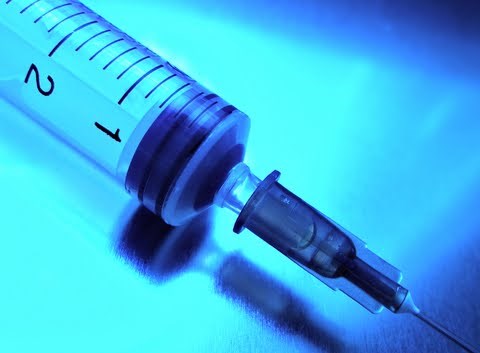Doping and the role of the sports physician

16.11.2010
By Play the GameIn a presentation last week at an international doping conference in Copenhagen, he argued again that the involvement of sports physicians in doping should not be seen as an isolated example of unethical behaviour but that it should be seen as just one aspect of a more general pattern of unethical behaviour which is by no means uncommon in the practice of sports medicine.
A peculiar practice
In his presentation, Waddington calls sports medicine a ‘peculiar practice’, that is, it is a form of medical practice in which the constraints on medical practitioners are distinctively different from the constraints on practitioners in most other forms of medical practice and that these constraints mean that sports physicians are more likely to deviate from what are considered good standards of practice, in both a technical and an ethical sense, than are physicians in other forms of medical practice.
Research suggests that medicine is practiced more competently and more ethically in non-sports contexts. Waddington thus asks; ‘Does the network of relationships in which sports medicine practitioners are involved limit their professional autonomy and constrain them to make medical compromises, in terms of both technical and ethical aspects of practice, which their colleagues in other branches of medicine are less constrained to make? And if this is the case, then is the involvement of doctors in doping simply part of a more general process in which sports physicians are less constrained than are their colleagues in other branches of medicine to behave in an ethical fashion?
Several documented cases show sports physicians playing Russian roulette with the health of the players in order to get them ‘fit yesterday’, falsifying information about players health to prevent them from transferring to other clubs and neglecting or ignoring the doctor/patient confidentiality.
Medical ethics vs. sports ethics
Many club doctors, it is clear, have a longstanding and real commitment to the sport ethic. However, key aspects of the sport ethic sit uncomfortably alongside the key values of medical ethics. And just as some athletes develop an over-conformity to the sport ethic so too, it is suggested, do some team doctors. Thus while most team doctors will have a dual allegiance to medical ethics and to the sport ethic, their work situation constrains them to pay greater attention to the latter at the expense of the former; in short, the work situation of team doctors constrains them to ‘buy into’ the sport ethic and to the key goal of sporting success and, at least to some degree, to ‘buy out of’ medical ethics. The clearest example of this process of over-conformity to the sport ethic and the associated ‘buying out of’ medical ethics is provided by the widespread involvement of sports physicians in the development and use of illicit performance-enhancing drugs.
Read Ivan Waddington’s full presentation “Client control and the limits of professional autonomy: the case of sports medicine and the use of performance-enhancing drugs” in Play the Game's knowledge bank, where it has been published with kind permission from the author.
Ivan Waddington is a Visiting Professor at the Norwegian School of Sport Sciences in Oslo and at the University of Chester in the UK. This article is an excerpt from his keynote lecture at the international doping conference 'Body enhancements and (il)legal drugs in sport and exercise – human and social perspectives' in Copenhagen 10 November 2010
-
Manzoor Qazi,
SA,
29.11.2010 09:47:
Team physicians Should help in Safe Doping.





